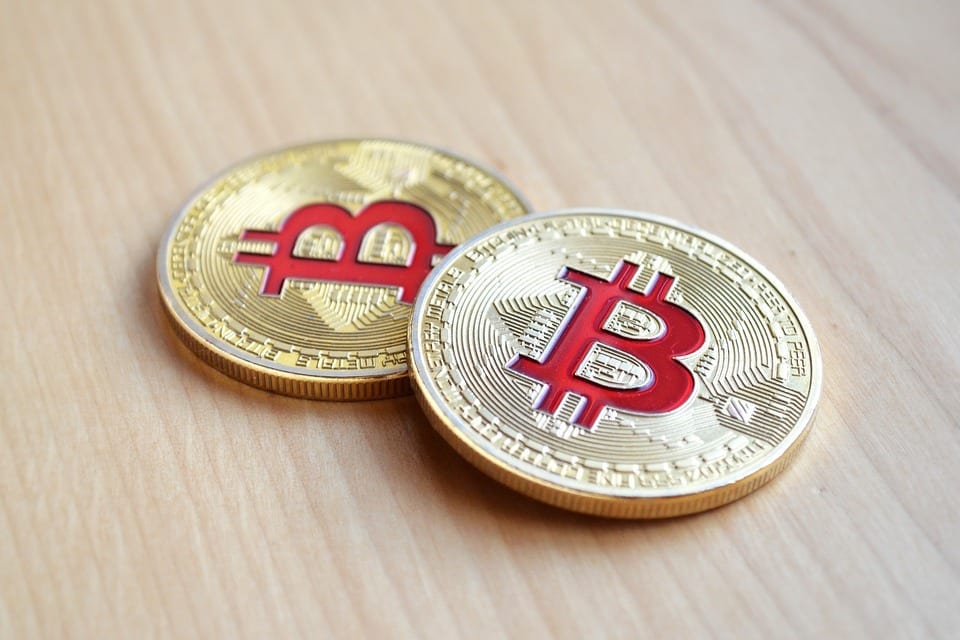Bitcoin and other cryptos have seen hot headlines but many think they’re in a bubble that will burst.
Iowa Insurance Commissioner Doug Ommen issued a consumer bulletin warning state residents against investing into cryptocurrencies such as Bitcoin unless they understand the risks.
The insurance commissioner pointed out that there is a meaningful difference between IPOs and ICOs.
According to the Iowa insurance commissioner, people need to know the risks associated with investments into cryptocurrencies before putting money into them. This is a very new market and concept. They are not the same thing as trading in stock or in traditional currencies.
Crytpocurrencies are a form of financial exchange supported by a type of digital network called the blockchain. Many people see this traditional currency alternative as the direction of the future. Several cryptocurrencies exist and a number of them have been growing in value as well as backing from legitimate individuals and organizations.
Still, the Iowa insurance commissioner reminds consumers of the volatility of cryptocurrencies.
 Onmen’s statement explained that they are “high-risk products with an unproven track record.” Bitcoin, Etherium and Litecoin are some of the best known and most respected among cryptocurrencies and even they are associated with some dubious events and high price volatility.
Onmen’s statement explained that they are “high-risk products with an unproven track record.” Bitcoin, Etherium and Litecoin are some of the best known and most respected among cryptocurrencies and even they are associated with some dubious events and high price volatility.
Criminals have taken to using cryptocurrencies as a way to demand ransom in a way that the payment cannot be tracked back to them. For a while, this was quite popular with Bitcoin and involved many high profile cases. Now, criminals are falling out of love with that particular cryptocurrency and are looking to more private versions to keep their identities safe. Still, Bitcoin alone doubled its value in December only to then lose a third of its price ahead of a slower recovery – all within a span of one month. Many top investors are cautioning investors that this could be a bubble that will break and leave them with a sizeable loss.
The Iowa insurance commissioner reminds consumers that there is not tangible form of cryptocurrencies and there aren’t any tangible assets to back them, either. They aren’t controlled or insured by national government authorities and aren’t always allowed for exchange in other types of commodities. Due to the nature of blockchain, regulation is very low.
